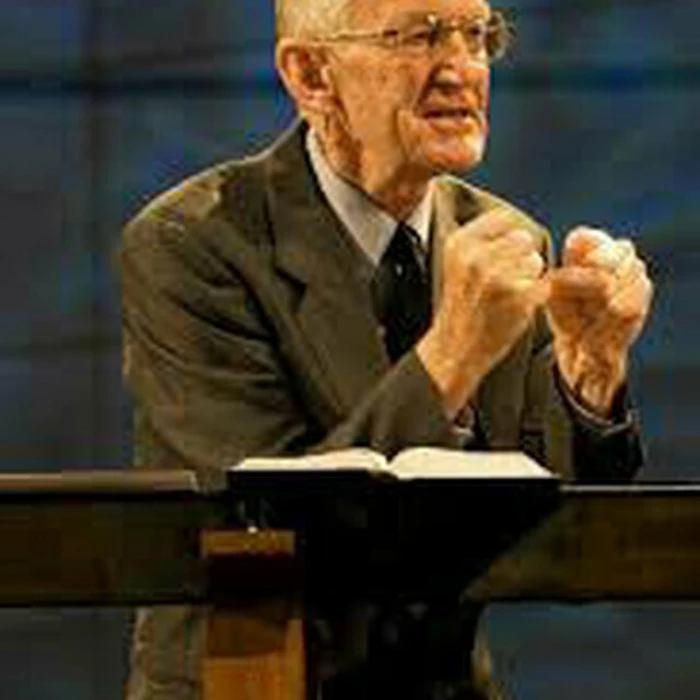There is perhaps not a more misunderstood command than ‘be filled with the Spirit' (Ephesians 5:18). On the one hand it has been used in some places to justify extremes of behavior and unbiblical practices; on the other hand, some have simply taken it as a fact that all Christians are by definition filled with the Spirit, and that there is little or nothing further to say.
This book avoids both extremes, but it begins with a clear statement by the author:... when the apostle tells believers to ‘be filled with the Spirit' (Ephesians 5:18) it is because some of them are not. Yes, it is possible to be a true Christian who has never experienced this spiritual reality. He goes on to say: This is not what the Lord wants. He wants every Christian everywhere to be filled with the Spirit. He wants this for His own sake, for their sake, and for the sake of His churches and the world. But how can this happen if believers don't know what the filling of the Spirit is?
The following pages are a brief summary and explanation of what the Bible teaches on this important subject. As you read it I trust that you will been lightened, enriched, and drawn into a more intimate walk with our Lord Jesus Christ. Short and readable as it is, this may nevertheless be the most important book (outside the Bible) you have read in a long time.
-
Title
Be Filled With The Spirit
-
Author(s)
-
ISBN
9781783972999
-
Format
Paperback
-
Publisher
-
Topic
Holiness, Holy Spirit
-
Audience
Adults
-
Pages
84
-
Published
07/20/2020


